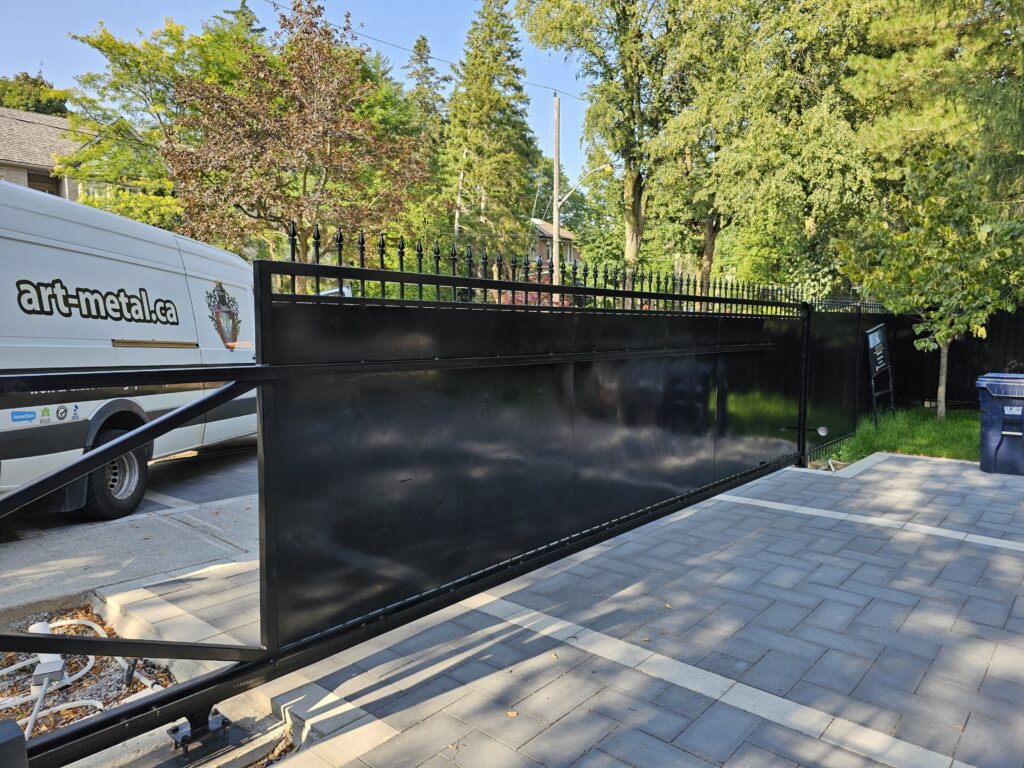
Fences serve many purposes: privacy, security, aesthetics, and even property line definition. But with so many options available, choosing the right type of fence for your home or business can feel overwhelming.
This guide breaks down what to consider before installing a new fence, including materials, function, maintenance, and budget—so you can make a confident, long-term investment.
Before thinking about design, start by identifying your fence’s primary function. This will narrow down your choices significantly.
Knowing your purpose helps you balance aesthetics with performance.
For long-term durability and low maintenance, metal fences outperform wood or vinyl in most situations. Here’s a comparison:
| Material | Durability | Maintenance | Best Use Cases |
| Wrought Iron | Very High | Low | Decorative & secure fencing |
| Galvanized Steel | Very High | Very Low | High-security & modern styles |
| Aluminum | High | Very Low | Coastal environments, light-duty fencing |
| Wood | Medium | High | Traditional look, short-term use |
| Vinyl | Low–Medium | Medium | Privacy fencing with limited style options |
Galvanized and powder-coated steel is ideal for long-lasting residential or commercial fences exposed to weather.
Your environment plays a big role in material and design selection. For example:
Custom metal fences can be fabricated to match the unique contours of your property.
Every fence needs a gate—and its size, location, and operation type matter.
Gate Considerations:
Pairing your fence with a properly designed gate ensures function, security, and visual continuity.
Most municipalities have fence height and setback rules—especially for front yards, pools, or corner lots. Before installing:
Failure to check these details can result in fines or having to remove part of the fence.
The right fence can transform your property—offering safety, structure, and style that lasts for decades. Whether you’re enclosing a yard, defining boundaries, or simply adding curb appeal, metal fences offer the best return on investment in durability, security, and design flexibility.
If you’re ready to get started, a professional fencing team can help you assess your needs, recommend materials, and design a solution built for your home and climate.